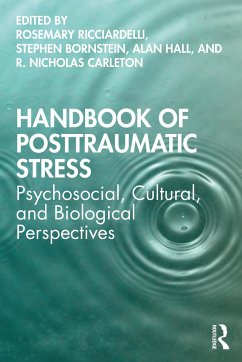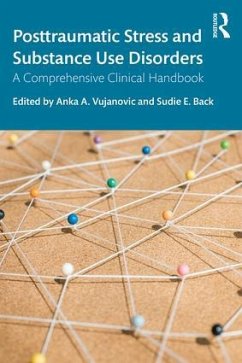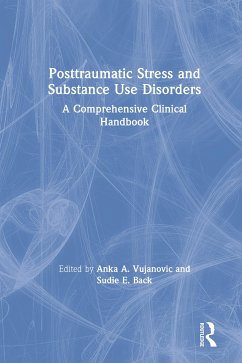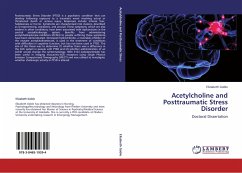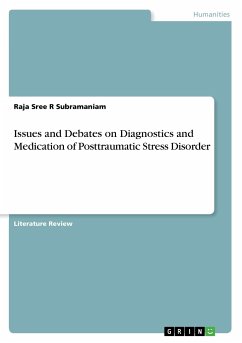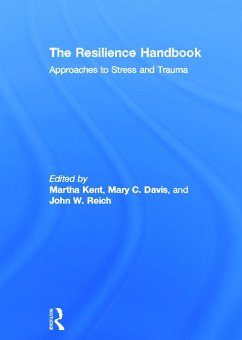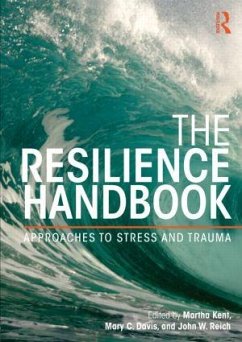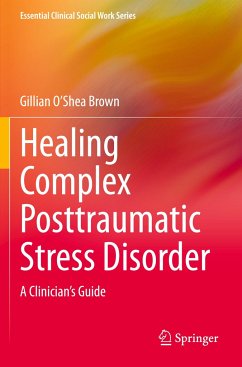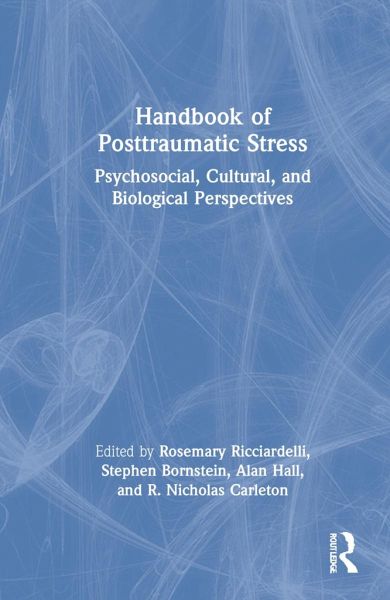
Handbook of Posttraumatic Stress
Psychosocial, Cultural, and Biological Perspectives
Herausgeber: Ricciardelli, Rosemary; Hall, Alan; Bornstein, Stephen
Versandkostenfrei!
Versandfertig in 1-2 Wochen
215,99 €
inkl. MwSt.

PAYBACK Punkte
108 °P sammeln!
The Handbook of Posttraumatic Stress provides a comprehensive review of posttraumatic stress in its multiple dimensions, analyzing causation and epidemiology through prevention and treatment. Written by a diverse group of scholars, practitioners, and advocates, the chapters in this book seek to understand the history, the politics, and the biological, psychological, and social processes underlying posttraumatic stress disorder (PTSD). Featuring studies that focus on some of the most seriously affected occupational groups, the text examines topics such as how individuals experience PTSD in diff...
The Handbook of Posttraumatic Stress provides a comprehensive review of posttraumatic stress in its multiple dimensions, analyzing causation and epidemiology through prevention and treatment. Written by a diverse group of scholars, practitioners, and advocates, the chapters in this book seek to understand the history, the politics, and the biological, psychological, and social processes underlying posttraumatic stress disorder (PTSD). Featuring studies that focus on some of the most seriously affected occupational groups, the text examines topics such as how individuals experience PTSD in different work settings and the complexities of diagnosis, treatment, and recovery for those workers and their families. Together, the contributions provide an in-depth examination of the current understood causes, impacts, and treatments of and for posttraumatic stress, mobilizing academic, administrative, and clinical knowledge, and lived experience to inform ongoing and future work in the field. Drawing from range of different topics, fields of study, and research methods, this text will appeal to readers across medical, mental health, and academic disciplines.



